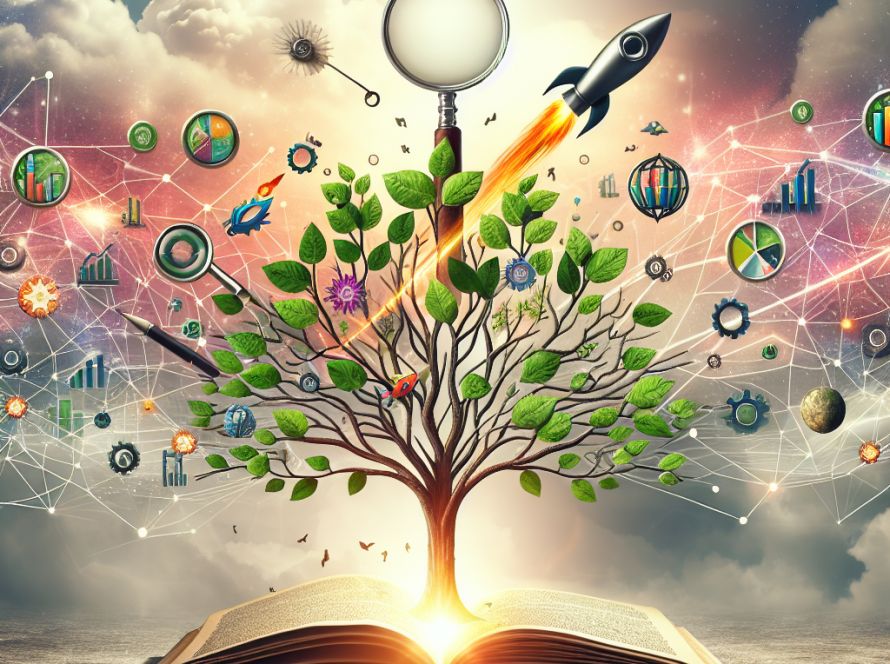The upcoming 2024 general elections in India, the world’s largest democratic exercise involving over 960 million voters, are experiencing a significant transformation due to the influence of artificial intelligence (AI) and deep fakes. A new cohort of technologically adept political players is exploiting AI to create synthetic media aiming for political and commercial influence.
Among them is Divyendra Singh Jadoun, a self-proclaimed “Indian Deep faker”, who is rapidly becoming a leading figure in India’s burgeoning deep fake industry. What initially began as a solitary endeavor to create Bollywood parodies has grown into a professional synthetic media studio, with Jadoun now commanding a small team of five employees.
The team uses AI models, trained on extensive authentic footage, to create alarmingly realistic videos of political leaders such as Prime Minister Narendra Modi appearing to personally address voters. This degree of hyper-personalization afforded by generative AI permits highly tailored campaign messages to reach electors on an enormous scale and at a low cost.
This holds particular relevance in India, as many of its citizens are being exposed to technology for the first time via affordable smartphones, making them more vulnerable to deceptive content. Even individuals who deem themselves adept at identifying AI fakes can be influenced unconsciously by the fake media content.
The utilization of deep fakes in Indian politics is not limited to casting public figures positively. There has also been an increase in the occurrence of malevolent political deep fakes. An example of this was noted in November when an AI-generated avatar of Duwaraka, the deceased daughter of a Tamil militant leader, was falsely streamed giving a fiery political speech. The potential for such misinformation to quickly spread is especially concerning given the impending elections.
Further instances of deep fakes have involved doctored videos of Bollywood actors Ranveer Singh and Aamir Khan, apparently endorsing the opposition Congress party. Prime Minister Modi has also expressed concern about the manipulation of ruling party leaders’ speeches through deep fake technology.
Yet, oversight from the Indian government remains minimal, with AI regulation essentially non-existent except for recent requirements for approval of “unreliable” AI tools and warnings against outputs that could damage the election process. However, comprehensive rules are still absent. This mirrors the situation in many other countries and reflects the growing need for stringent regulations to control the influence of AI and deep fakes on democratic processes, such as elections.


